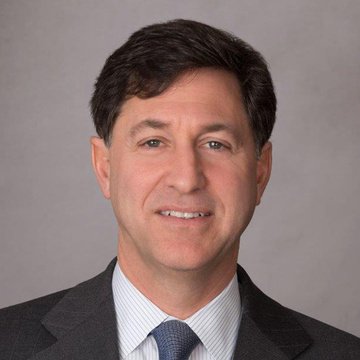Blair W. Effron is cofounder of Centerview Partners, a leading independent investment banking and advisory firm with offices in New York, London, Los Angeles, Palo Alto, Paris, and San Francisco. The firm has over five hundred professionals and provides assistance on mergers and acquisitions, financial restructurings, general advisory, valuation, and capital structure to companies, institutions, and governments. Since its founding in 2006, the firm has advised in over $3 trillion in transactions and ranks among the most active banking firms globally in strategic advisory. The firm works with public and private companies across a range of sectors including the consumer, energy, financial, general industrial, health care, media, retail, technology, and telecommunications industries.
Effron serves on the boards of trustees of Lincoln Center, the Metropolitan Museum of Art, New Visions for Public Schools, the Partnership for New York City, and Princeton University. He also sits on the advisory board of the Hamilton Project, an economic policy initiative affiliated with the Brookings Institution, and is a member of the President's Intelligence Advisory Board. Effron holds a BA from Princeton University and an MBA from Columbia Business School.
 Online Store
Online Store
